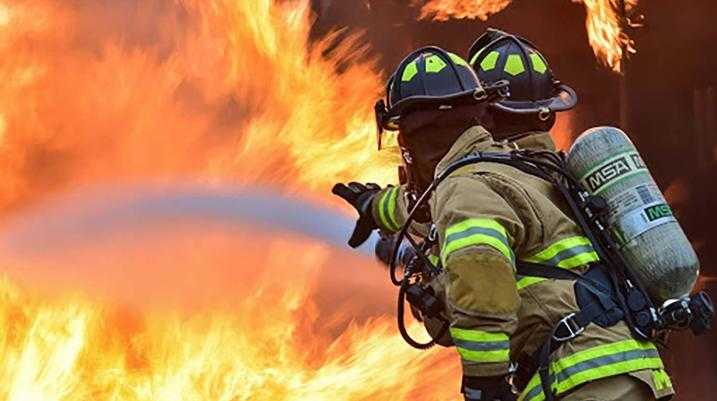Explosion Accidents: What You Need to Know

An explosion can change your life in an instant. Whether it happens at home, at work, or in a public space, the aftermath is often devastating, physically, emotionally, and financially. Victims may be left with serious injuries, permanent disability, lost property, or even the tragic loss of a loved one.
While some explosions are genuine accidents, many are caused by preventable mistakes, including poor maintenance, defective products, or negligence in construction or safety procedures. If you or someone you love was harmed in an explosion that wasn’t your fault, you may be entitled to compensation.
How Explosions Happen
Explosions are violent, rapid releases of energy, usually triggered by a buildup of pressure, gas, or chemical reactions. In personal injury cases, these incidents are rarely random. Many explosions can be attributed to human error, oversight, or failure to adhere to safety standards.
Some of the most common causes include:
- Faulty gas lines or leaking pipes
- Improper storage or handling of flammable materials
- Defective products or appliances
- Poor ventilation and unsafe installation
- Lax maintenance protocols in industrial or residential settings
When companies, landlords, or utility providers fail to fulfill their safety obligations, the consequences can be catastrophic.
Types of Explosion Accidents
Explosions can happen anywhere, but certain environments pose a higher risk. Here are the most common types of explosion incidents we see in personal injury claims:
Plant or Industrial Explosions
Refineries, chemical plants, and manufacturing facilities often deal with volatile materials. If proper safety measures aren’t in place or equipment isn’t maintained, an explosion can harm not only employees but also nearby residents and businesses. In some cases, victims may qualify for both workers’ compensation and personal injury damages if employer negligence contributed to the incident.
Residential Explosions
Home explosions are often tied to gas leaks, defective appliances, or faulty installations. While insurance companies may try to blame homeowners, responsibility often falls on landlords, utility providers, or product manufacturers. If you were injured or lost your home due to a gas-related incident, a personal injury attorney can help determine who’s truly at fault.
Common Injuries from Explosions
The force of a blast can cause devastating injuries, many of which require long-term care and rehabilitation. Medical experts typically categorize explosion injuries into four types:
- Primary injuries result from the shock wave itself, affecting gas-filled organs like the lungs, intestines, and ears.
- Secondary injuries involve debris or shrapnel hitting the body, causing lacerations, fractures, and puncture wounds.
- Tertiary injuries occur when a person is physically thrown by the blast, leading to blunt force trauma or spinal damage.
- Quaternary injuries include burns, respiratory issues from inhaled toxins, and worsened preexisting conditions.
No matter the injury type, victims often face painful recoveries, high medical costs, and long-term lifestyle changes.
How a Morgan & Morgan Attorney Can Help
The aftermath of an explosion can be overwhelming. You may be dealing with physical pain, emotional trauma, property loss, and uncertainty about your future. That’s where legal support makes all the difference.
An experienced explosion attorney can:
- Investigate the cause of the blast and identify liable parties.
- Work with fire experts, engineers, and safety specialists to gather evidence.
- Document your injuries, expenses, and long-term impact.
- Pursue compensation for medical bills, lost income, pain and suffering, and property damage.
At Morgan & Morgan, we believe you shouldn’t have to fight for justice on your own, especially after something as traumatic as an explosion.
We’re For The People.
If you or a loved one was hurt in an explosion caused by someone else’s negligence, Morgan & Morgan may be able to help. Our attorneys have experience handling complex injury cases and holding companies accountable when safety fails.
It costs nothing to get started. We work on a contingency fee basis, meaning we don’t get paid unless we win.
Fill out a free, no-obligation case evaluation today to learn more.
Injured? Getting the compensation you deserve starts here.

Injured?
Not sure what to do next?
We'll guide you through everything you need to know.